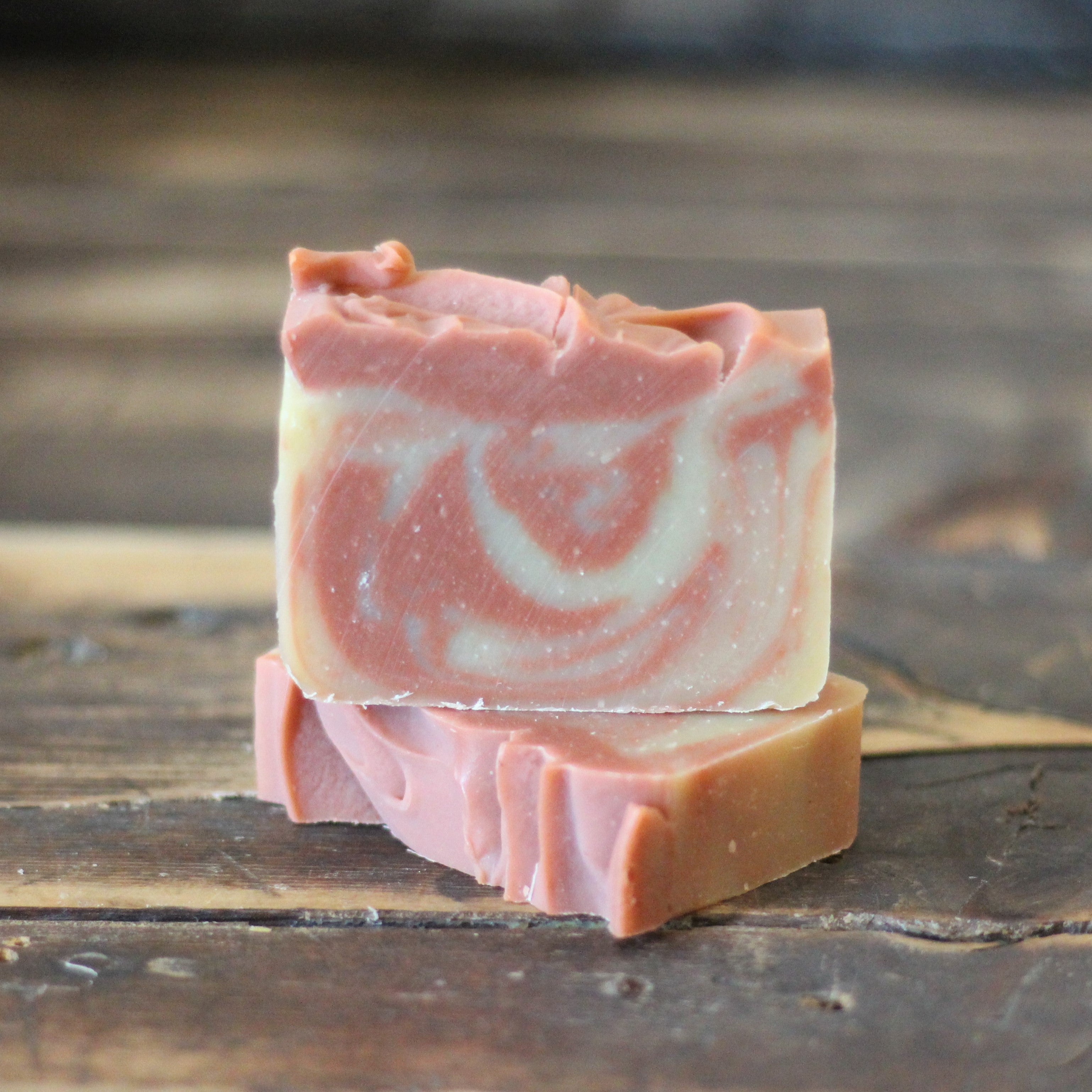
Should I Buy Handmade or Store-bought Soaps?
Have you ever paused in front of the soap aisle, bombarded by an array of colorful packages, yet felt a disconnect? If so, you're part of a growing community of Utah Valley women who are questioning the norm and seeking alternatives that align more closely with their values and skin health. The debate between handmade soaps and store-bought varieties is more than just a matter of choice; it's about understanding the impact of these products on our skin, community, and environment. Let's embark on a journey to uncover the truths behind these bubbly bars and determine which soap deserves a place in your Utah Valley home.
Decoding the Ingredients: What's in Your Soap?
The journey begins with the most crucial aspect: the ingredients. Handmade soaps, such as those offered by Soaplicity, pride themselves on transparency and simplicity. These artisanal bars are crafted with sustainable natural oils, butters, and essential oils, providing a stark contrast to the chemical-laden list often found in commercial soaps. Why does this matter? The skin is not just a barrier but a living, breathing organ that absorbs what we apply to it, impacting our health and well-being.
In the heart of Utah Valley, where the connection to nature and community runs deep, the shift towards natural, sustainable products reflects a broader awareness and respect for our bodies and the planet. By choosing handmade soaps, you're not only nurturing your skin with nourishing ingredients but also making a conscious decision to step away from harsh chemicals that can cause irritation, dryness, and long-term damage.
The Skin Health Saga: Nurturing vs. Stripping
The tale of two soaps continues as we delve into their effects on skin health. Handmade soaps naturally retain glycerin, a byproduct of the soap-making process, which is a boon for skin hydration. This natural humectant draws moisture to the skin, keeping it soft, supple, and hydrated. Contrast this with the common practice in the commercial soap industry where glycerin is removed to be sold as a separate commodity, leaving behind a product that can strip skin of its natural oils.
For the women of Utah Valley, where the climate can range from dry winters to sunny summers, maintaining skin hydration is crucial. The gentle, moisturizing effect of handmade soaps can be a game-changer, especially for those suffering from skin conditions such as eczema or psoriasis. Embracing products that naturally align with your skin's needs can lead to a healthier, happier you.
Community and Economy: The Local Love
Every purchase we make sends a ripple through the economy, and choosing where to cast that stone can have profound effects. By opting for handmade soaps from local artisans like Soaplicity, you're not just buying a product; you're investing in your community. This choice supports local entrepreneurs, keeps money within the Utah Valley, and fosters a sense of community pride and connection.
Moreover, local businesses are more likely to source their materials from other local suppliers, creating a cycle of support that strengthens the local economy. This interconnectedness is at the heart of the Utah Valley spirit, where community ties run deep, and supporting one another is part of the region's fabric.
Variety and Personalization: The Artisanal Advantage
One of the joys of handmade soaps is the sheer variety and opportunity for personalization. Unlike the uniform options provided by commercial brands, handmade soaps come in a myriad of scents, colors, and formulations, each crafted with individual care and attention. Artisans pour their creativity and passion into every batch, resulting in unique products that cater to a wide range of preferences and skin types.
In Utah Valley, where individuality and personal expression are celebrated, this aspect of handmade soaps resonates strongly. Whether you're drawn to the calming scents of lavender and chamomile or the invigorating aroma of peppermint and citrus, there's a handmade soap that not only meets your sensory preferences but also addresses your skin's specific needs.
Environmental Impact: A Cleaner Choice
The decision between handmade and store-bought soaps extends beyond personal and community benefits—it also impacts the environment. Handmade soaps, particularly those from eco-conscious brands like Soaplicity, are often packaged in minimal, biodegradable materials, reflecting a commitment to sustainability. In contrast, commercial soaps frequently come in plastic packaging, contributing to the growing problem of plastic waste.
Furthermore, the natural ingredients in handmade soaps are more environmentally friendly, breaking down harmlessly after use. This contrasts with the synthetic chemicals in commercial soaps, which can accumulate in waterways and harm aquatic life. For the environmentally conscious Utah Valley woman, the choice of soap can be a reflection of her commitment to preserving the natural beauty of her surroundings.
Embracing the Handmade Ethos: A Call to Action for Utah Valley Women
The comparison between handmade and store-bought soaps reveals a clear winner for those who value health, community, and the environment. As we navigate our daily routines, the choices we make, including the type of soap we use, can have a profound impact. By choosing handmade soaps, we not only provide the best care for our skin but also support the values that define the Utah Valley community.
So, Utah Valley women, next time you reach for that soap, remember the power of your choice. Opt for a soap that nourishes your skin, supports your neighbors, and protects the environment. Embrace the handmade ethos and discover the difference it can make in your life and the lives of those around you. Let's make the switch to handmade soaps and turn our daily cleansing routine into an act of love for ourselves, our community, and our planet.

